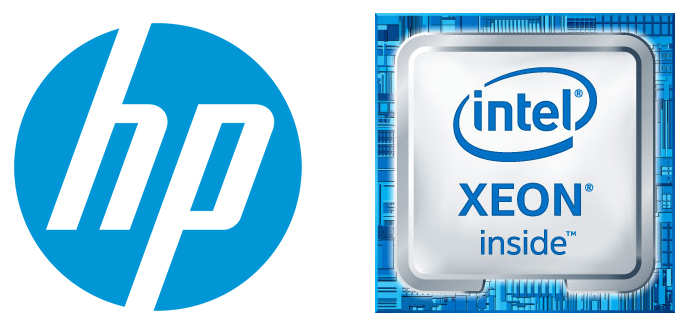20 March 2020

The modern workplace is rapidly evolving with technology playing a vital role in improving productivity and driving strategic outcomes. Lexel helps you quickly achieve this digital transformation and prepare now for the office of the future.
Employees need new ways of working to be facilitated through the right mix of technology, and they are challenging their organisations on:
- ease of access to systems
- difficulty in working with remote colleagues
- clunky and time-consuming process to co-author documents
- lots of data but no insight
- lack of visibility of other colleagues’ work and focus
With our highly mobile workforce, we need technology that supports our employees’ needs, not hinders it. A modern workplace needs to be efficient but mobile, while adding value to employees’ roles and turning data into insights.
According to HP’s Workplace 2020 Whitepaper, 72% of workers have said outdated technology harms their productivity, and 62% of HR and line managers said better, more up-to-date technologies would help to foster employee engagement.
Lexel has broken down key aspects of the modern workplace and ways it can support the success of your business.
Mobility
As the concept of where and how we actually work becomes blurred, employees need digital tools that support mobility on-the-go. According to HP’s Workplace 2020 Whitepaper, flexible working employees are twice as likely to say it has a positive impact on performance and well-being.
The demand for flexibility is growing, with designated office spaces declining and co-working spaces on the rise, employees want the option to work anytime, anywhere. The importance of modern devices and software to facilitate these outcomes is critical, as 50% of employees now work remotely.
Lexel supports the modern workplace through solutioning cloud applications, application integration including legacy apps, integrated management tools, manageable devices, and modern analytics; all providing productivity solutions that allow streamlined collaboration.
Through online collaboration tools like Microsoft Teams and Skype for Business through Office 365, organisations can truly empower their employees with tools that support mobility, all supported by a managed service solution like HP Device-as-a-Service (DaaS).
Open Digital Collaboration
Today’s employees spend too much time simply finding the information they need and managing document versions between their colleagues. The pace of digital business demands tools that enable employees to access and update information, documents and projects with each other in real-time.
Technology that allows employees to work digitally and collaboratively with their colleagues should include capabilities for:
- access from anywhere any time
- concurrently co-authoring content
- openly sharing challenges and receiving support
- working live on projects with blended voice, video and text
- multiple document formats across multiple locations
Organisations need to facilitate a digital platform that allows employees to collaborate and communicate while working remotely. At a minimum, this platform should make data more available through the cloud and through on-premise networks. This enables them to also bring together the management of their devices and deliver the perfect mix of applications such as Microsoft 365, Microsoft Teams, and SharePoint Online.
Turning Data into Insight
Collecting and reporting on data is easy but turning data into insights requires a new generation of tools. These tools should empower users to ask dynamic questions and get immediate answers in the form of visual insights. They should encourage greater data literacy across your business by ensuring your employees have a single source of truth and trusted data governance frameworks.
At the same time, with so many devices and ways to access data to account for, protecting data is equally important. In addition to traditional security elements, a new security focus should include a requirement for device-based, built-in security solutions to protect your network from all angles.
Device based security is exemplified in next-gen devices such as HP Z Workstation powered by the Intel® Xeon® W Processor – which can help combat potential threats through self-healing BIOS and intrusion detection, allowing end-users to work with peace of mind while utilising the latest technology.
The Results
To meet the new expectations of employees, organisations must embrace cloud technology that enables workers to access data from anywhere, at any time. They also need to invest in communication applications that are secure and conference ready.
With better collaboration tools, employees can work without the obstacle of distance and truly experience flexibility across their role. A modern workplace enables employees to be more productive and more satisfied, ultimately resulting in stronger company outcomes and success.
If you’re interested in learning more about workplace modernisation, don’t hesitate to get in contact with a friendly Lexel representative today.

Intel, the Intel logo, Xeon, and Xeon Inside are trademarks of Intel Corporation or its subsidiaries in the U.S. and/or other countries.
